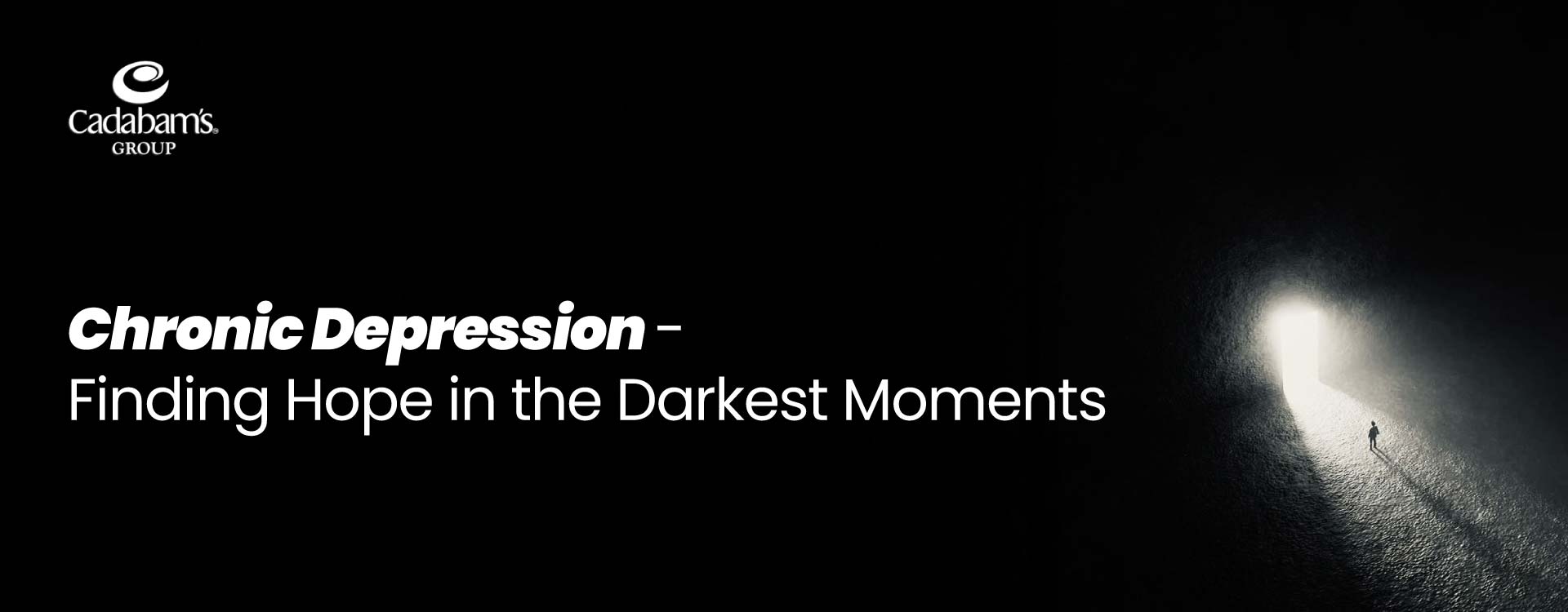Self harming behavior is when someone intentionally hurts themselves and can take many different forms. It might involve someone hurting themselves on the outside, but it can also involve hurting themselves on the inside, for by ingesting something dangerous. Self-harm can result in serious injuries and sometimes even death.
There can be a lot of reasons why someone may choose to self-harm. But most common is when it’s a way of trying to cope with any strong feelings and emotions.
It’s important to know how to manage and regulate difficult feelings and emotions – it’s a part of growing up. But for some they can find it a little difficult, and their emotions – feelings like guilt, sadness and self-hatred – can feel completely become overwhelming. It might seem like self harming behavior is the only way that would help to manage these emotions in the short term, but it can be really dangerous and have a negative impact in the long term.
Reasons young people do self harming behavior:
- They try to express complicated or hidden feelings
- Try to communicate that they need some support
- To prove to themselves that they’re not invisible
- To feel in control
- They try to get an immediate sense of relief.
It’s important to remember that self-harm isn’t just ‘attention seeking’, although some people might do it as a way of letting others know they aren’t coping. This might be because they don’t know any other way of telling people, or because they’re worried that others won’t take how they’re feeling seriously.
Despite what many people think, a person doesn’t usually self-harm because they want to die or they have suicidal thoughts
It can be really hard to change self harming behavior and learn better coping skills. If you self-harm and you want to stop, you’ll need to make a conscious decision to break that cycle.
The good news is that there are many things you can do to help you stop self-harming:
Seek professional help:
There are a number of professional treatments available that can help you manage self-harm. Talk to a doctor, psychologist, or psychiatrist to learn about them and decide what might be best for you psychological therapies can help you understand why you engage in self-harm and how to develop new ways of managing difficult emotions. The most common therapy for this is called DBT, or dialectical behavior therapy. DBT is based on the idea of mindfulness and helps you learn specific skills for managing distress and regulating emotions.
Enlist a support team:
There is always someone out there, who cares about your welfare, whether it’s a family member, friend, counselor or doctor. Don’t be afraid to ask for help and to tell someone how you’re feeling.
Practice self-help:
There are techniques you can use to manage urges to self-harm. The more alternatives to self-harm you equip yourself with, the more likely you are to develop helpful coping strategies and not to rely on self harming behavior. Further queries call us @ +91 96111 94949
.webp)







